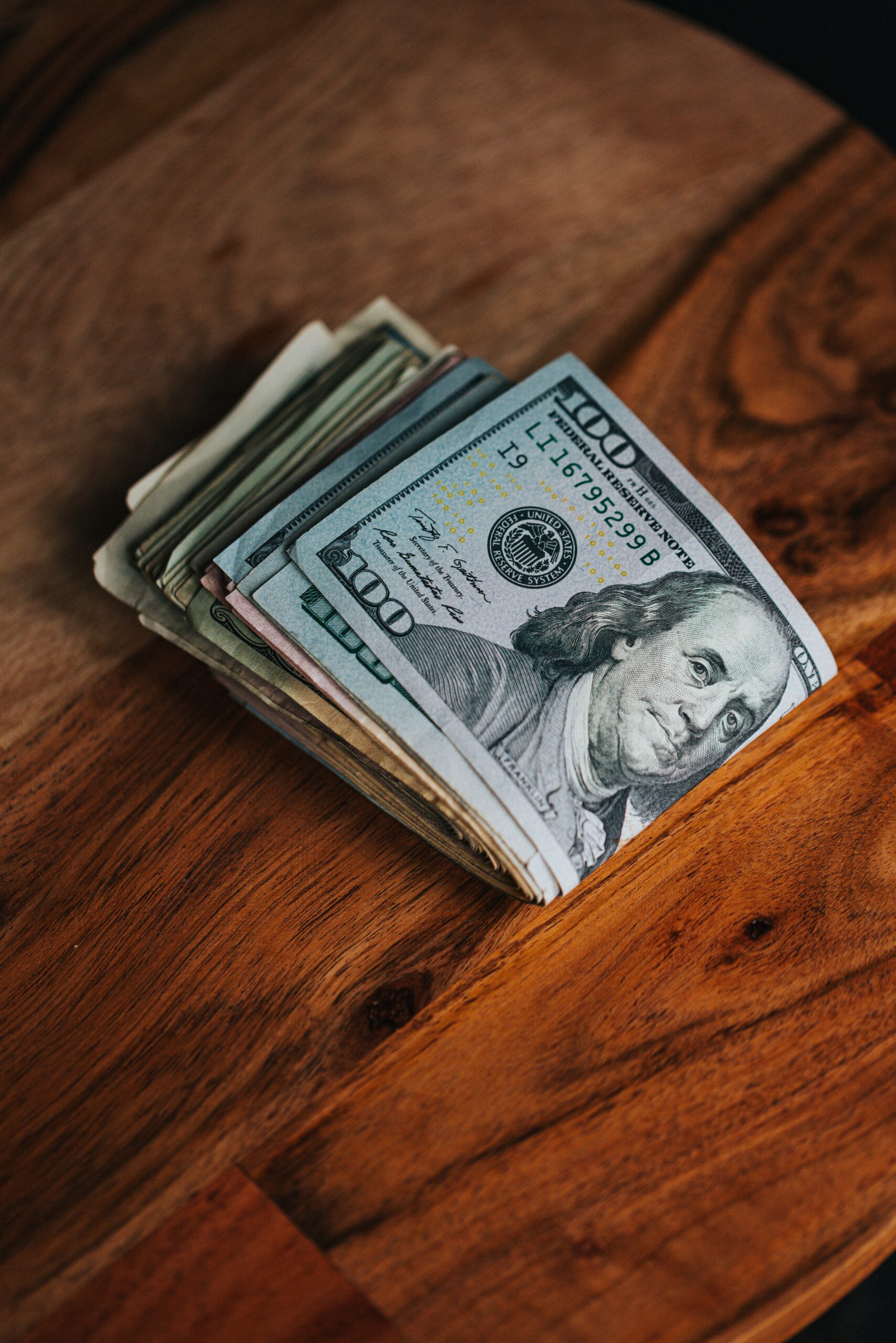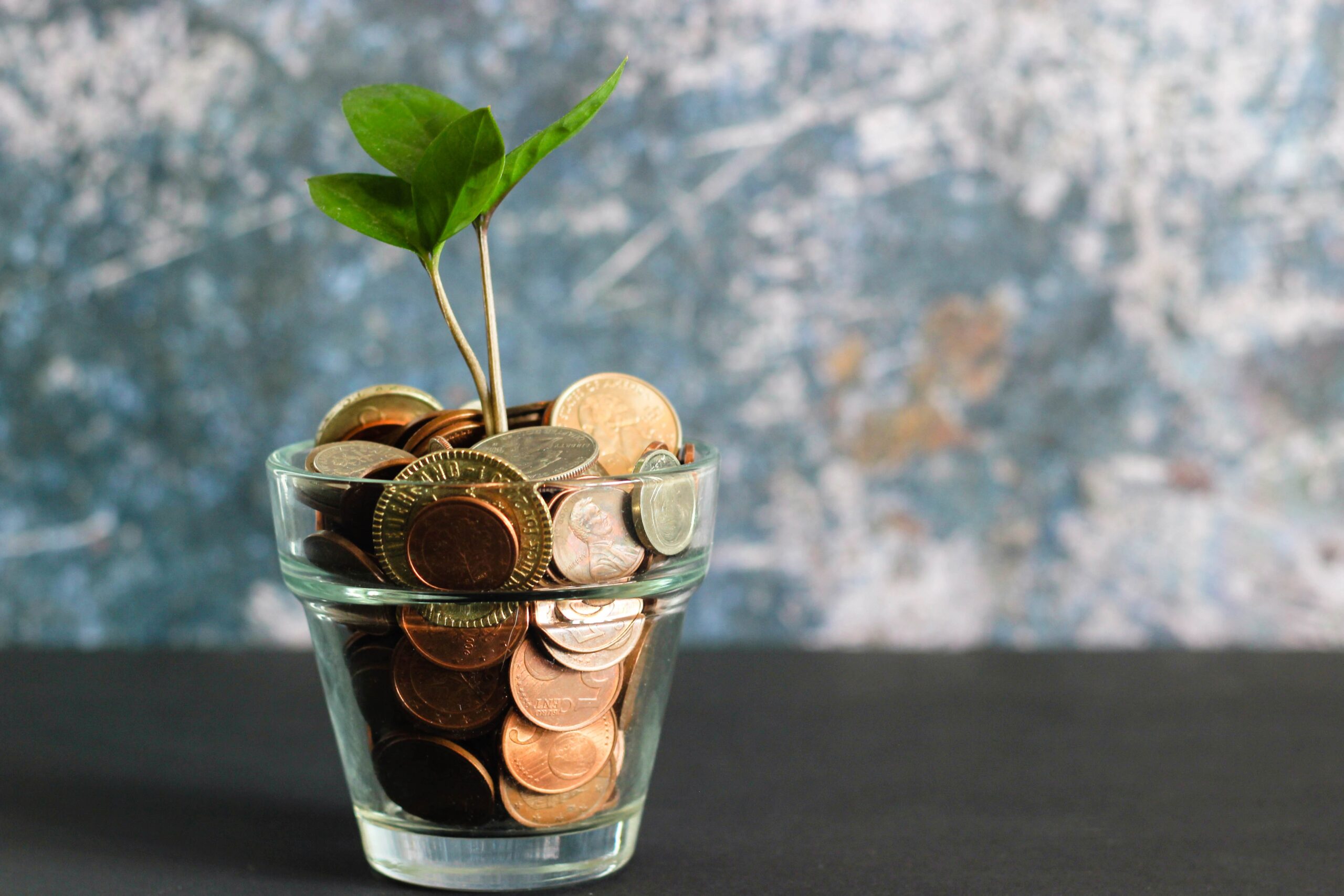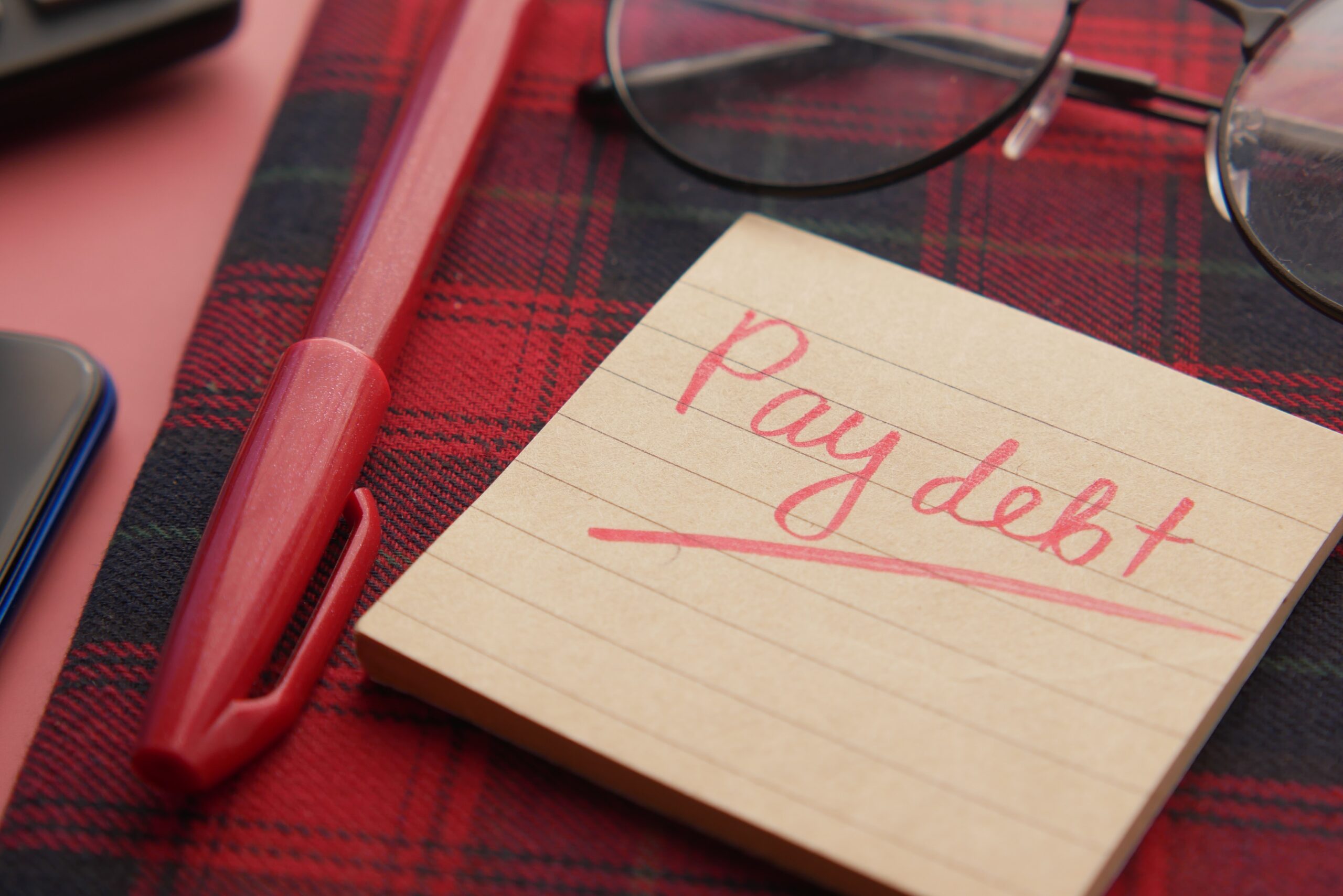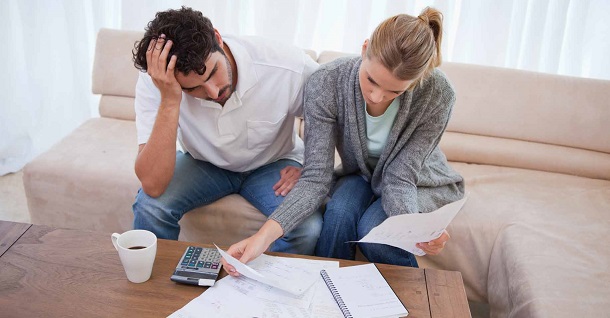
Finding yourself in financial difficulty, particularly in an economy such as this where the cost of living is on the rise can be especially tough. While debts are an everyday occurrence in a vast number of peoples’ lives, allowing them to spiral out of control can be detrimental to your future plans as well as putting you under an immense amount of physical and emotional stress.
Once you find yourself in debt, getting out of the red and smooth sailing once again can be incredibly difficult. To get to this point, you need to prioritise your debts, ensuring that you don’t allow high-interest costs and other external factors to take over your monthly salary.
Pay the necessities first
While it may well be tempting to let that electricity bill slide under the doormat so you can pay off part of your credit card bill, ensuring that you have a roof over your head and food on the table is the bare minimum. Pay rent or mortgage costs before anything else, and ensure that your electricity, gas and water bills, as well as council tax, are up to date.
Any money you have left over after your necessities have been covered is expendable for paying off your debts. Failing to do so can have serious consequences. Defaulting on paying your rent or your mortgage can cause the loss of your home, while allowing your council tax and other utility bills to fall into arrears can result in your utilities being terminated and a summons to court.
If you can’t pay your utility bills in their entirety, contact your supplier – they may well be able to help you to work out a payment plan until you find yourself in a more manageable financial situation.
Sort your debts into priority and non-priority debts and make sure you understand the consequences of not paying each back – for example, if you don’t pay back your mortgage then your home could be repossessed, while failure to pay your utilities could result in them being disconnected. Once you understand the consequences, then you may well be able to work out how to approach tackling your debts.
Pay off higher interest loans first
After you’ve ensured your livelihood, you should consider which of your debts are more substantial and which will have a greater effect on your livelihood if you don’t pay them on time. While paying off a store card or a credit card in its entirety would be incredibly beneficial to you in the long run, if you have debts that have high-interest rates building against them then your priorities rest on those debts.
Pay off the minimum amount on your lower priority debts and make sure that those high-interest debts are tackled quickly and responsibly. Again, if you explain your financial situation to a credit-card company or a bank, then they are much more likely to be understanding, and offer you a solution, than a loan shark or a payday loan lender who operate by offering loans with high amounts of interest added to the amount you have borrowed from them.
If you’re in a particularly serious financial situation then it may well be worth contacting a financial adviser who can help you arrange a DMP – a Debt Management Plan. This plan allows you to pay all of your debts back at an affordable rate, conveniently through a single monthly payment.
If you can – consolidate your debts
If you have a number of credit cards, for example, all with balances due on them, then consolidating your debts by using a balance transfer credit card could be a viable option for you. Such a move puts you in a better position as your debt would be in one place, meaning that you would only need to make one minimum payment a month – and you’re much less likely to miss making the payment, as you would only have to schedule one a month as opposed to the many you had previously.
Consolidation loans, on the other hand, may more difficult to acquire as they may involve your house being used as security on the loan – whilst the attractive option of lower interest rates and consequently lower monthly repayments can be attractive, they many end up costing much more than the standard loan because of their lengthy terms.
If you’re lucky enough to have some savings, then it makes sense to use these savings to pay off your outstanding loan if you find yourself in difficulty financially. Understandably, having savings for a rainy day is a nice feeling, but that feeling will do you no good at all if you have to have your home repossessed or the bailiffs are knocking on your door.
If you have savings, use them to pay off your loans – just be careful to check for any early repayment fees that may well be added to the full cost of the loan.






